By Danielle Salisbury, M.S. Environmental Policy 2016
I got off the plane in Mexico City with a groggy group of new acquaintances I would soon be calling my friends, fellow adventurers, and in rougher times, my support system. I had made it. I had joined the Peace Corps and been assigned to Mexico as an Environmental Educator.
That was almost two years ago. 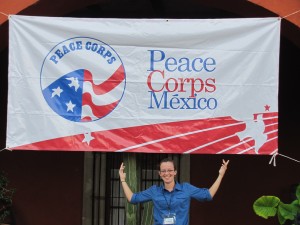
As a Master’s International student at the Bard Center for Environmental Policy, instead of doing a 4-6 month internship, I signed up for 2 years of service as a Peace Corps Volunteer (PCV). Being a PCV means you ship off to one of over 60 countries to complete three major goals:
- To help the people of interested countries in meeting their need for trained men and women
- To help promote a better understanding of Americans on the part of the peoples served
- To help promote a better understanding of other peoples on the part of Americans
In the two months of training prior to becoming a sworn-in volunteer, it became clear that my job would be to meet these three goals while facing an onslaught of difficulties ranging from piropos (Spanish for catcalls) to parasites, and all of the cultural, lingual, and health issues in between.
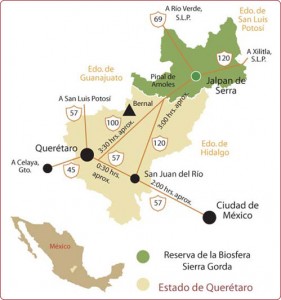
I got lucky. Well, maybe not so much in the piropos and parasites area, but I was assigned to a very rural and very beautiful town nestled in the Sierra Gorda Biosphere Reserve, a Natural Protected Area in the mountains of the state of Queretaro.
In my town everyone calls me by one of three names: Dani, teacher, or the Spanish equivalent maestra (an occasional fourth name is Güera “white girl”, which is mainly used by people just passing through who don’t actually know me). Though my main job is a facilitator for an after-school youth eco club called Ecochavos, everyone assumes that I am a formal teacher. I work with students ranging from 12-18 years old who are in the middle or high school and are interested in environmentally improving their town. The students focus on one environmental problem in their community and I help them carry out a project to combat that problem.
A lot of what Ecochavos do are cookie-cutter activities changed for each theme–for example painting murals, making pamphlets, and putting on puppet shows. But they do have the potential to make real change in their communities.
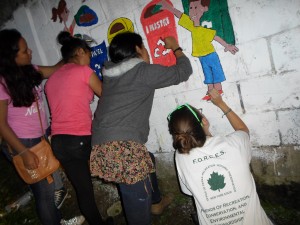
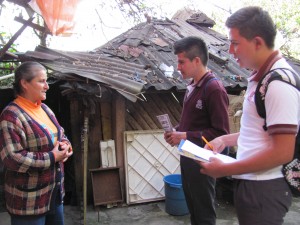
Ecochavos, which was started a few years ago by the government branch CONANP (National Commission of Natural Protected Areas) in the Jalpan de Serra office in Queretaro, is an environmental education initiative. Founded by my counterpart, CONANP Environmental Educator Prof. Salvador “Chava” Ortiz, Ecochavos aims to empower youth to promote an environmental culture in their communities. Recently GIZ, a German development agency, picked up Ecochavos and added them to their Mexico project known as the CESMO- Ecological Corridor of the Sierra Madre Oriental (the eastern mountain range of Mexico).
As a PCV, you learn to roll with the changes. You learn or improve your knowledge of a different language. You learn about a whole new culture. You make amazing lifelong friends. You find adventures where you least expect them. You gain or strengthen knowledge in your area of expertise.

Your stomach gets more resistant. Maybe you pick up some friendly (OK, “non-harmful”) parasites. You expand your palate.
In terms of an internship, the most valuable aspect of being a PCV is that I get a full two years of experience in a foreign government environmental office.
In terms of life, the most valuable aspect of being a PCV is not only getting to use my abilities to help people in another country, but also what I learn about myself. My professional and personal limits, my strengths and my weaknesses, and how to deal with difficult situations while I am far from home–to name a few.
The Peace Corps is right, it is the toughest job you’ll ever love.
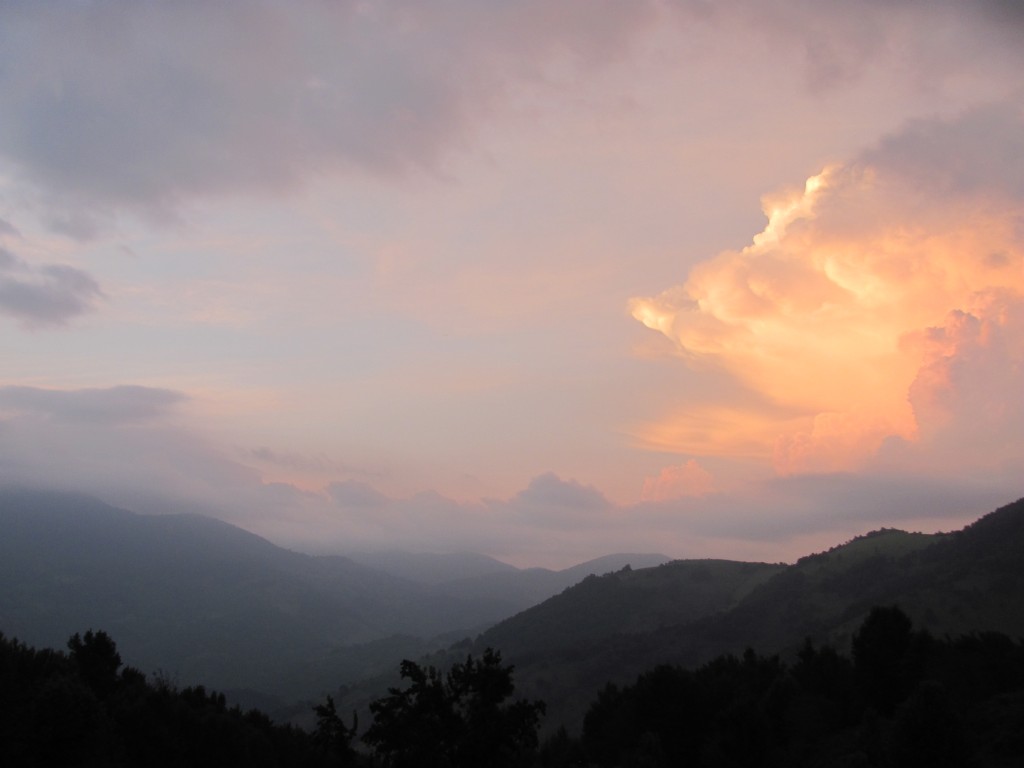

What an inspirational story! As someone interested in abroad opportunities related to the environment and conservation, I loved reading about Danielle’s journey and work with Ecochavos.
It’s amazing to see how she adapted to life in Mexico, learned the language, and truly embedded herself in the local culture and community to make a difference.
For example, I’d love to see her play the traditional Mexican game ‘Juego Del Avioncito’ which would be a nice way to connect with the local children through play and their cultural heritage
Her photographs provide such a great window into her daily experiences.
I really admire Danielle’s dedication and perseverance to stick with the Peace Corps commitment for two full years despite challenges like language barriers or cultural differences.
Her positivity and flexibility clearly enabled her to gain so much from the experience, both professionally and personally.
It makes me consider looking into Peace Corps roles as well to gain meaningful on-the-ground experience while also helping empower youth and communities on environmental topics.
I have no doubt this experience will serve Danielle incredibly well when she returns home and applies all she learned to her future environmental policy career. Bravo on an impactful adventure!»